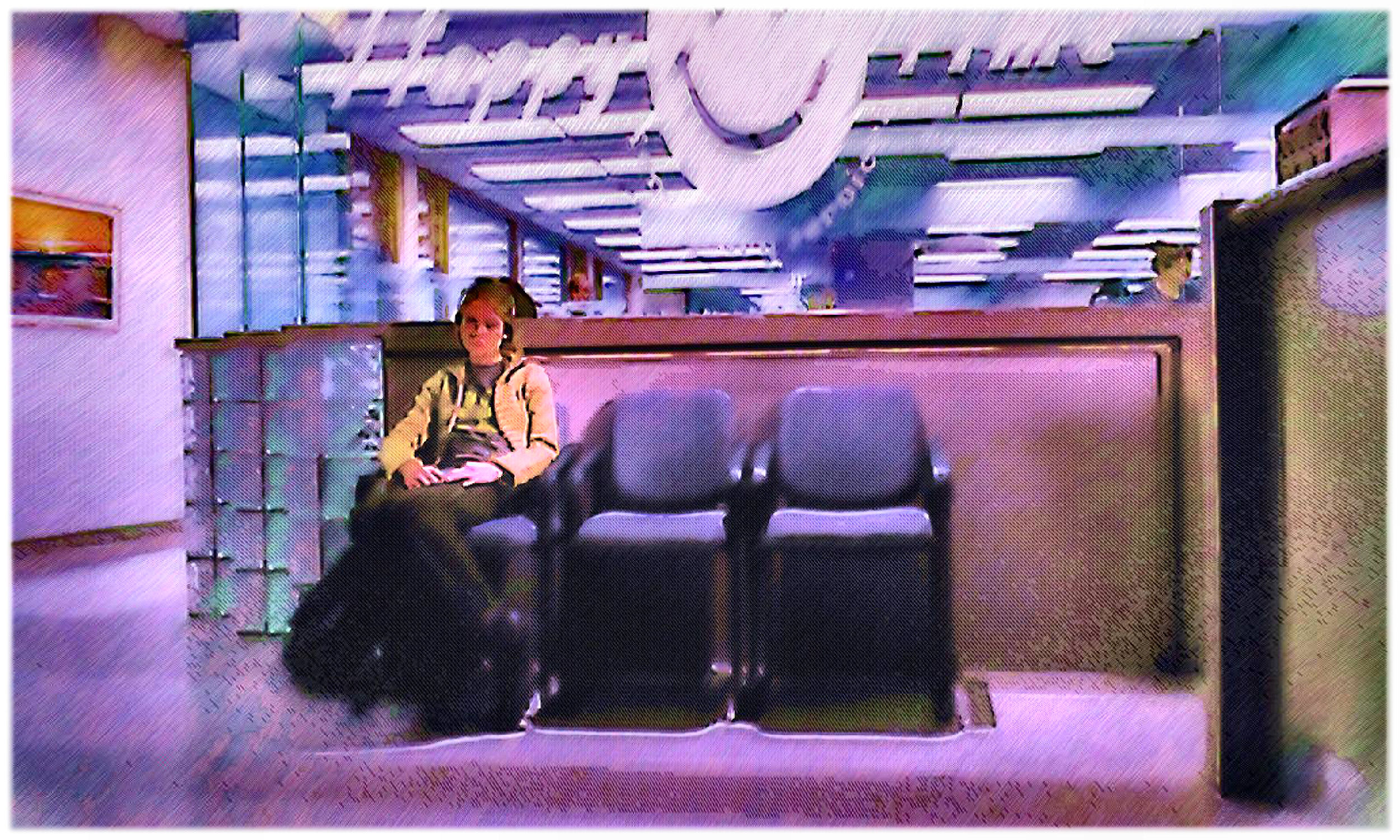I received a question that involved interview dress code and more:
This man had an issue with both interview dress code and a few finer points of conduct. Here’s what he had to say:
It’s the season for recruiter interviews at the college where I’m a grad student. I have two problems that go together:
I was raised in a very traditional part of the country where terms of address and decorum were extremely, extremely important. I have some years of newsroom experience out of that region, so I know newsroom culture fairly well. And when I see a guy in a suit, I think that either somebody died or the person is a lawyer. I want to make a good impression on these interviews, so I’m going in a gray sport coat and a conservative tie, with black slacks. My thinking is, this looks formal enough to be respectful and sharp but not so formal that I look out of place, intimidated, intimidating or naive. But the prep-school kid in me still looks in the mirror and thinks, “Go for the suit.” The grownup reporter nixes that idea. Am I on the right track, or should I be showing up to these interviews in the sharpest navy suit I have? I really don’t want to look like a kid who just got out of Sunday school or a law student who went to the wrong interview.
The other problem is one I’ve had all the time, everywhere. When I meet older people, I refer to them as “Mr.” or “Ms.,” so on and so forth, and answer, ‘‘Yes, sir,” and ‘‘Yes, ma’am.” This inevitably causes problems when I’m at functions with other journalists and am trying to make contacts because editors often prefer that you call them by their first names. I always come across as being childlike, and it’s really just me following my mom and dad’s sincerest tableside advice. I think I can solve my problem by going straight to first names but, again, the prep-school kid in me shudders at that idea — it’s impolite. I think I have a good idea what I’m doing with the first dilemma, but the second one is one of those lifetime quirks that I’ve never really solved. Am I the only person with these nutty sorts of issues?
My answer:
You are not at all nutty, and you are not the only person with these issues. They are about how we are
acculturated.
First, your situation: Your instincts on dress are correct. The gray sport coat, black slacks and tie work well in any context. The blue suit could carry messages that will distract editors from the business at hand: Is he a lawyer, ex-military, very conservative, etc.? Dress to impress — not to distract.
As for terms of address, it is OK to open with courtesy titles and ‘‘Yes, sir,” especially if this seems natural to you, and to become less formal as the interviewer asks you to. On my first day at the Detroit Free Press, I did the same thing and felt fine to be told that we were all on a first-name basis.
Your questions about acculturation apply to a lot of people.
In some cultures, it is considered impolite to look an elder directly in the eyes. People who cast their eyes downward or to the side may be trying to show respect but can be misinterpreted as being dishonest. What a cruel misunderstanding!
In other cultures, handshakes are soft, more like a touch than a grip. Yet, in American business culture, this sign of openness can be taken as a sign of weakness. Another great misunderstanding. We all do well — candidates and recruiters — to do as you have done. Know yourself, think about where the other person is coming from, and find a place in the middle that accommodates both.
Mastering the newsroom:
Want more advice on proper interview dress code? These questions, answers and advice come from my book Ask The Recruiter, where I have collected years of experience from recruiting in newsrooms. The book contains popular questions and answers dedicated to breaking open the occasionally opaque nature of newsroom hiring, promoting and managing.
For more information, check out the following resources:
- My Ask The Recruiter column on Poynter.org.
- Article: Your dream job interview
- Ask The Recruiter

